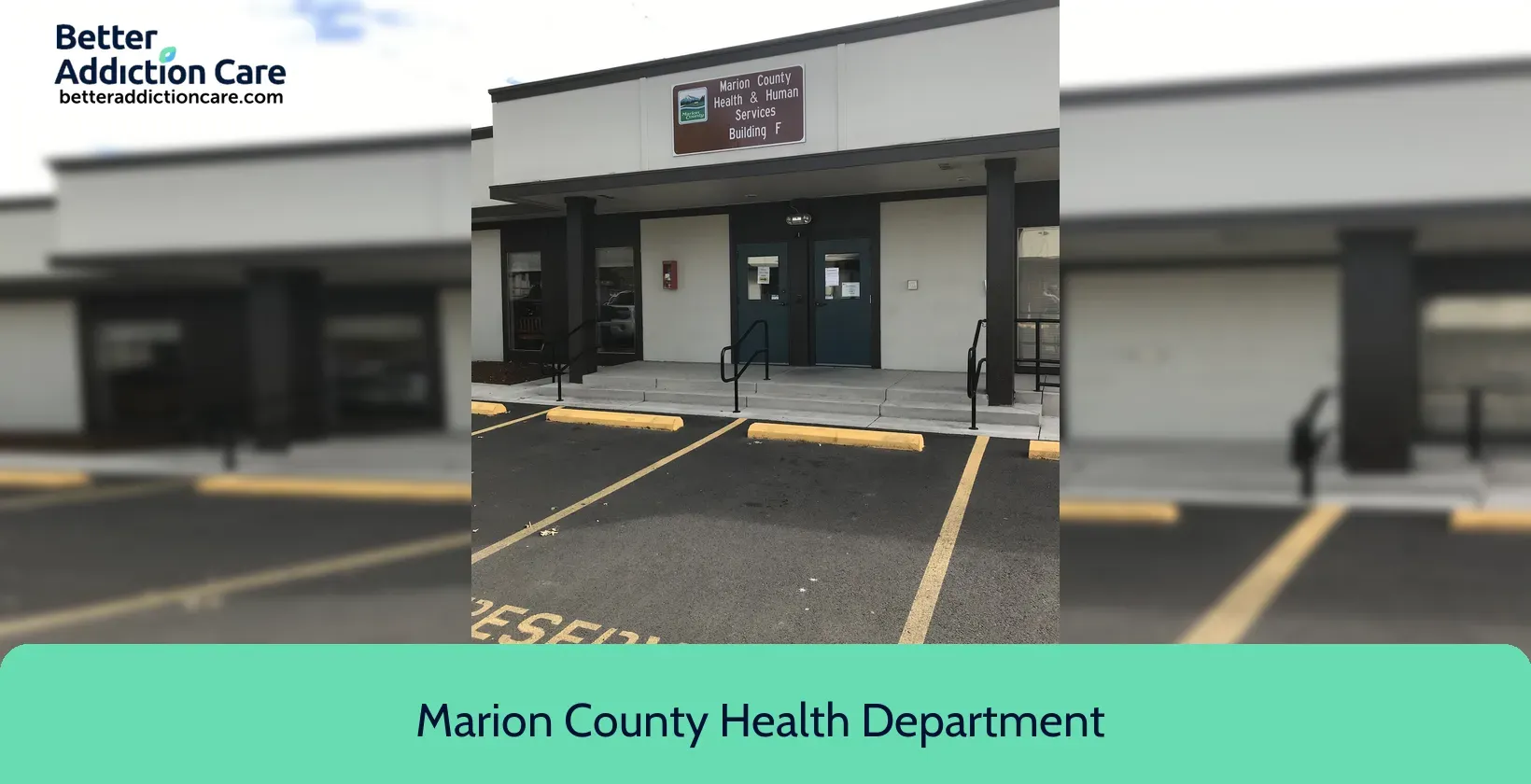Overview
Marion County Health Department - Children's Behavioral Health is a mental health treatment center for people seeking treatment near Marion County. As part of their treatment modalities for recovery, Marion County Health Department - Children's Behavioral Health provides couples/family therapy, group counseling, and cognitive behavioral therapy during treatment. Marion County Health Department - Children's Behavioral Health is located in Salem, Oregon, accepting medicaid for treatment.
Marion County Health Department - Children's Behavioral Health at a Glance
Payment Options
- Medicaid
- Medicare
- State mental health agency (or equivalent) funds
- State welfare or child and family services funds
- State corrections or juvenile justice funds
Assessments
- Screening for tobacco use
- Comprehensive mental health assessment
Age Groups
- Young adults
- Children/adolescents
- Seniors
Ancillary Services
- Intensive case management
- Case management service
- Family psychoeducation
- Suicide prevention services
Highlights About Marion County Health Department - Children's Behavioral Health
6.68/10
With an overall rating of 6.68/10, this facility has following balanced range of services. Alcohol Rehabilitation: 8.00/10, Drug Rehab and Detox: 6.00/10, Insurance and Payments: 6.00/10, Treatment Options: 6.73/10.-
Alcohol Rehabilitation 8.00
-
Treatment Options 6.73
-
Drug Rehab and Detox 6.00
-
Insurance and Payments 6.00
Treatment At Marion County Health Department - Children's Behavioral Health
Treatment Conditions
- Mental health treatment
Care Levels
- Outpatient
Treatment Modalities
- Couples/family therapy
- Group counseling
- Cognitive behavioral therapy
- Dialectical behavior therapy
- Activity therapy
Ancillary Services
Languages
- Sign language services for the deaf and hard of hearing
- Spanish
- Other languages (excluding Spanish)
- French
Additional Services
- Pharmacotherapies administered during treatment
- Mentoring/peer support
- Metabolic syndrome monitoring
Special Programs
- Children/adolescents with serious emotional disturbance (SED)
- Persons 18 and older with serious mental illness (SMI)
Contact Information
Read our Most Recent Article About Drug Addiction
DISCLAIMER: The facility name, logo and brand are the property and registered trademarks of Marion County Health Department - Children's Behavioral Health, and are being used for identification and informational purposes only. Use of these names, logos and brands shall not imply endorsement. BetterAddictionCare.com is not affiliated with or sponsored by Marion County Health Department - Children's Behavioral Health.









